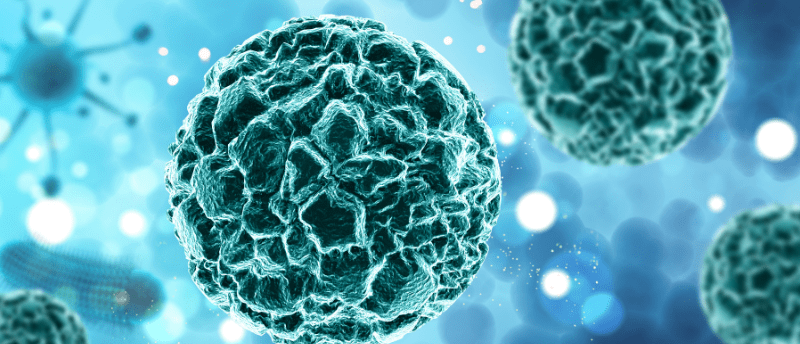Technical Note: Automated workflows for the high-throughput selection and picking of complex 3D structures

Organoids are self-organizing, 3-dimensional systems that retain many physiological characteristics of the native tissue from which they are derived. Accordingly, these models have significant advantages over the use of traditional immortalized cell lines in providing accurate information on human disease and can be used in the fields of drug screening, rare disease research, personalized medicine, and many others.
Download this technical note from Sartorius (Gottingen, Germany) to learn how their CellCelector can be used to optimize organoid and spheroid research.
- Explore complex 3D structures using automated scanning, detection and gating functions based on morphological and fluorescence parameters
- Discover the crucial hardware features for generating successful results within various organoid applications
- Learn how to successfully embed spheroids and organoids with or without cell culture membranes
This content was provided by